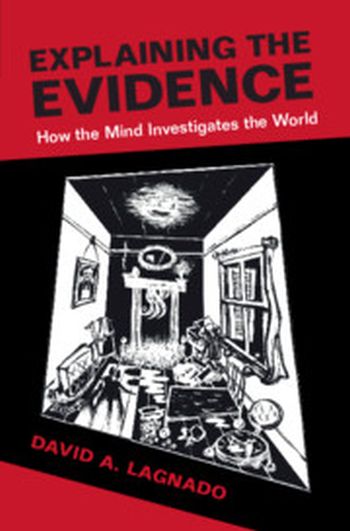
How do we make sense of complex evidence? What are the cognitive principles that allow detectives to solve crimes, and lay people to puzzle out everyday problems? To address these questions, David Lagnado presents a novel perspective on human reasoning. At heart, we are causal thinkers driven to explain the myriad ways in which people behave and interact. We build mental models of the world, enabling us to infer patterns of cause and effect, linking words to deeds, actions to effects, and crimes to evidence. But building models is not enough; we need to evaluate these models against evidence, and we often struggle with this task. We have a knack for explaining, but less skill at evaluating. Fortunately, we can improve our reasoning by reflecting on inferential practices and using formal tools. This book presents a system of rational inference that helps us evaluate our models and make sounder judgments.